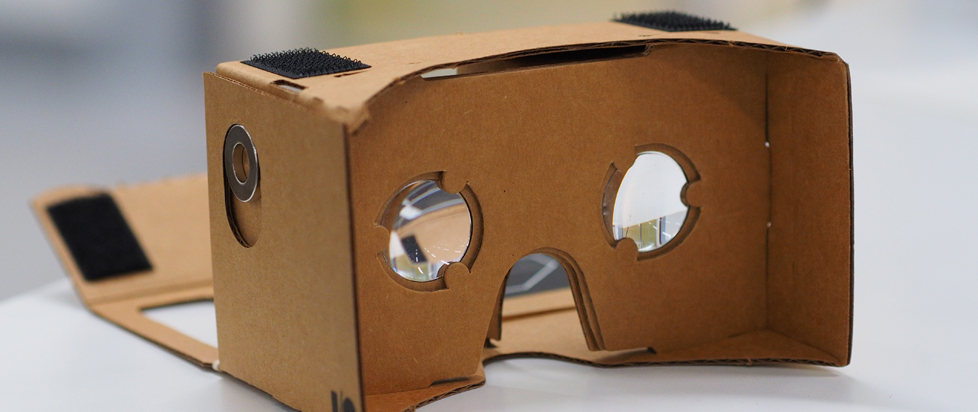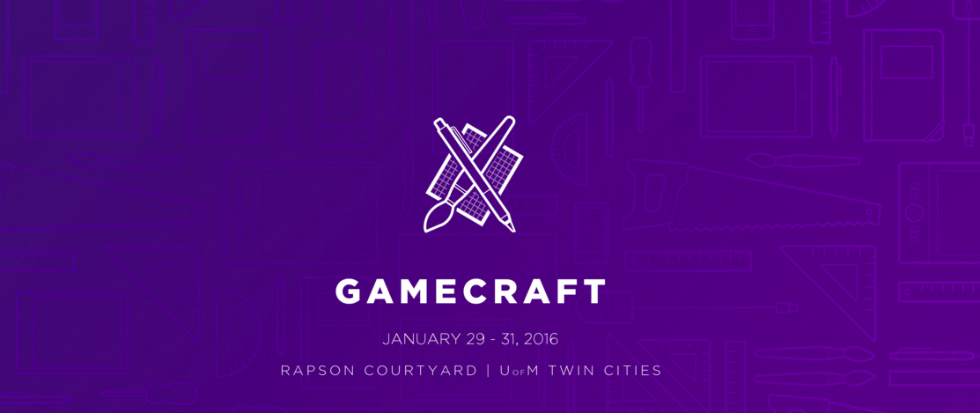The Zen of Programming: How Coding Can Be a Form of Meditation

Ever thought that sitting in front of a computer, typing away lines of code, could be kind of like meditating? Sounds a bit odd, right? But when you get into it, coding and meditation share much more in common than you’d think. Both are about getting into a zone, focusing deeply, and somehow finding a peaceful spot in your mind in the middle of that focus.
When you code, you’re not just banging on the keyboard randomly. You’re thinking deeply and solving problems; sometimes, you get so into it that the world around you fades away. This state, where it’s just you and your code, is much like what happens when you meditate. In meditation, you focus on your breath or a mantra, and your mind quiets down as you do. With coding, those lines of text on your screen pull you in, helping you zone out everything else.
You might be thinking, “This is cool and all, but I need to focus on my studies, too. How do I balance learning to code with all my other homework?” Maybe you’ve even caught yourself searching for “Write my paper in APA format” while you dive into programming. It’s all about finding that balance. Just like meditation can be a short, daily practice, coding doesn’t have to waste time. A little bit each day can go a long way.
Finding Your Flow
Coding becomes meditative when you hit that sweet spot called ‘flow.’ It’s that moment when you’re so into what you’re doing that you lose track of time. Achieving flow through coding means tackling challenges that are just right – not too hard that you’re frustrated, but not so easy that you’re bored.
And just like meditation helps you understand your thoughts, coding challenges you to understand problems and think of creative solutions.
The Quiet Mind
One of the best things about coding is how it quiets down the chatter in your mind. Just like in meditation, where the goal is to quiet down the noise and find inner peace, coding requires a level of focus that can push out all unnecessary thoughts.
This doesn’t just help you in front of the computer; it can also make you more focused and calm in other parts of your life.
Image Source: https://unsplash.com/photos/silver-macbook-turned-on-XMFZqrGyV-Q
Learning to Code
So, how do you get started? Begin with the basics and build up from there. Plenty of free resources online can help you learn to code. And remember, it’s okay to ask for help – whether from teachers, friends, or online communities.
If you’re juggling coding with schoolwork and find yourself overwhelmed, seeking help from the best paper writing services can give you the breathing room to focus on learning this valuable skill.
The Ritual of Coding
Just as meditation often involves a ritual to enhance focus and presence—lighting a candle, finding a comfortable seat, or starting with a few deep breaths—programming can have its rituals.
Setting up your workspace, organizing your thoughts before diving into code, or even beginning with a simple “Hello, World!” program can be a ritual to transition your mind into the coding zone. This ritualistic approach prepares you mentally and signals to your brain that it’s time to dive deep, fostering a meditative state.
Mindfulness and Error Handling
In meditation, mindfulness is about acknowledging thoughts and feelings without judgment and gently guiding your attention back to your focus point. Similarly, in coding, errors and bugs are inevitable. Reviewing your code, identifying errors, and debugging is not unlike the process of recognizing wandering thoughts during meditation and returning to your breath or mantra.
This mindful approach to problem-solving in coding can reduce frustration and enhance your problem-solving skills, making the task at hand a practice in patience and focus.
Balance and Rest
Just as meditation emphasizes balance and rest—acknowledging when to push through and when to rest—coding, too, requires a recognition of these limits. Marathon coding sessions can lead to burnout, just as forcing meditation can lead to frustration.
Learning to listen to your body and mind, taking breaks, and stepping back to gain a new perspective is crucial. This balance ensures sustainability in coding, studies, and life.
The Community Aspect
Meditation and coding both benefit greatly from the community. Just as meditators might join a group to deepen their practice, coders find immense value in the community—be it through online forums, coding bootcamps, or hackathons.
These communities offer support, share knowledge, and provide a sense of belonging. They remind us that while coding can be solitary, our work’s learning journey and impact are shared.
The Flow State
Achieving a flow state, where you’re fully immersed in an activity, is a common goal in meditation and coding. Time seems to stand still in this state, and the task completely absorbs you.
For coders, reaching this state can lead to breakthroughs and significant project progress. Learning to find this flow state can make coding more enjoyable and improve concentration and efficiency in other areas of study, especially when you code a simple web application from scratch. For students, this practice not only enhances their coding skills but also helps them apply the concept of flow to other academic and personal pursuits.
Embracing the Silence: Coding in the Quiet Hours
There’s something magical about coding in the quiet night or early morning when the world is still. During these times, many programmers find their deepest focus and creativity. The silence enhances concentration and turns coding into a meditative and reflective practice.
In these solitary moments, the mind can weave through lines of code like a needle through the fabric, stitching together solutions with a clarity that the hustle and bustle of daytime can rarely afford.
Final Thoughts
Coding might not be the first thing that comes to mind when you think of meditation, but trying it might surprise you. Like any form of meditation, it takes practice and patience. The more you code, the more you’ll find those moments of zen in the lines of text and problem-solving.
And who knows? Maybe you’ll find that coding helps you build amazing things and brings a little more peace and focus into your life.




